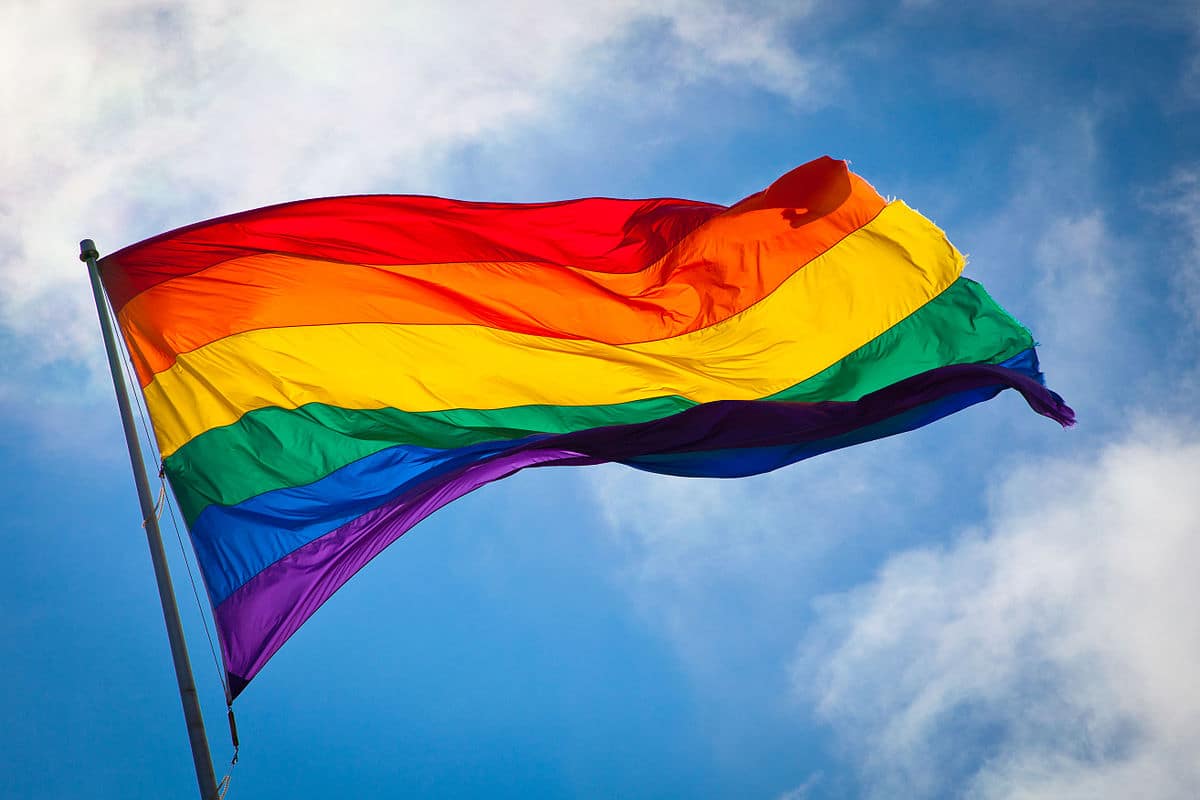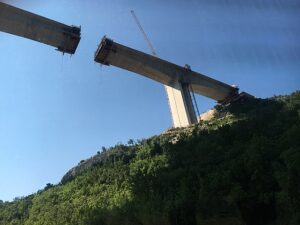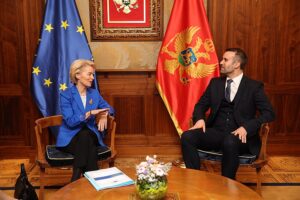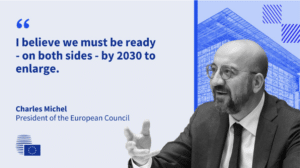Montenegro became the first Balkan country outside the EU to legalise same-sex civil partnerships. The law was proposed by the government and passed thanks to the votes of the opposition Social Democratic Party since the ruling coalition minority parties did not vote for it.
The bill was first rejected in August 2019 after being met with strong resistance by the Serbian Orthodox Church, the largest religious community in the country. Serbian Orthodox Church strongly advocated that the right to adopt children remains exclusively for heterosexual couples.
The passage of the vote was embraced by Montenegrin President Milo Djukanovic who tweeted that the EU candidate state is “one step closer to joining the most developed world democracies.“
What does it mean in practice?
The new law recognises same-sex couples as legal unions, but does not give them the same rights as married couples. The law stipulates that the same-sex couples can marry, inherit from each other, have common legal property, the right to social insurance, visits to hospitals, joint care for children, but also the obligation to take care of the partner’s child if there is no close relative. However the same-sex couples are still not allowed to adopt or foster children, and they are not recognised as families.
The situation in the region
Same-sex couples in Serbia, Bosnia and Herzegovina, North Macedonia, Albania and Kosovo do not have any of these rights. Homosexuality remains a sensitive issue in Montenegro and neighbouring countries which still predominantly foster conservative values. Based on the 2019 research by the Center for Civic Education (CCE), 50% of citizens in Montenegro would react on their children being gay by seeking help for their “treatment”.
“The path to real and essential equality is still ahead of us, but a big step forward has been made in recognising that we, same-sex couples, exist at all,” said John M. Barac executive director of LGBT Forum Progress.
Sources: Reuters, Balkan Insight, Euronews, DW
Photo: Wikimedia Commons



